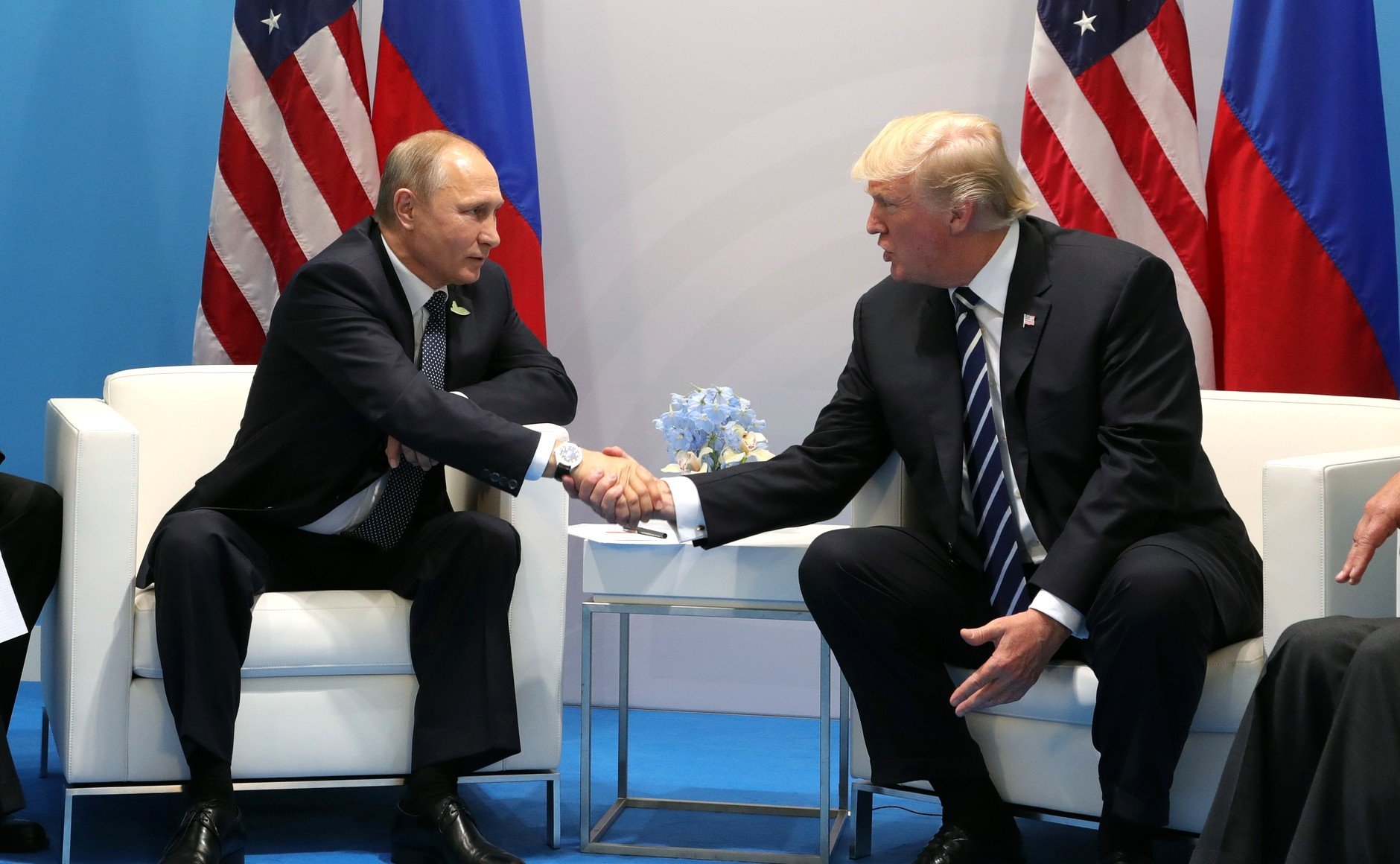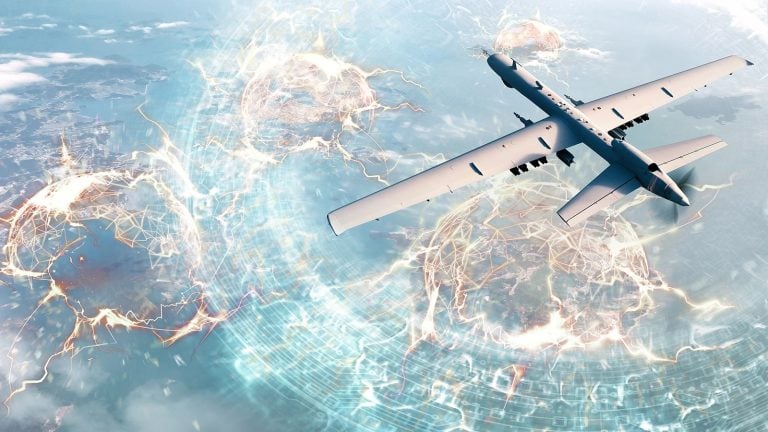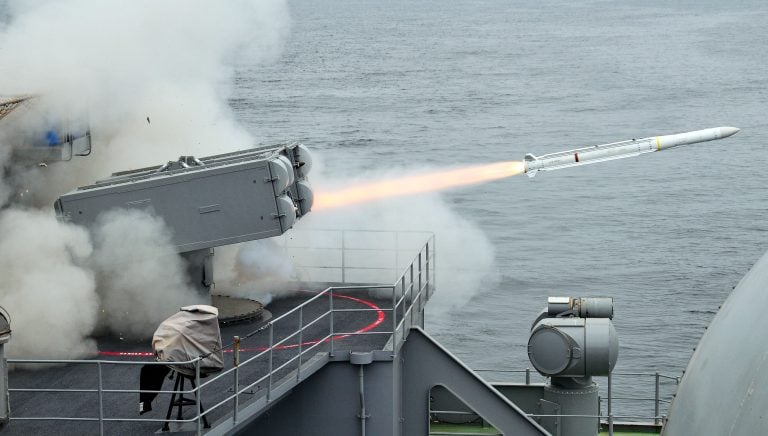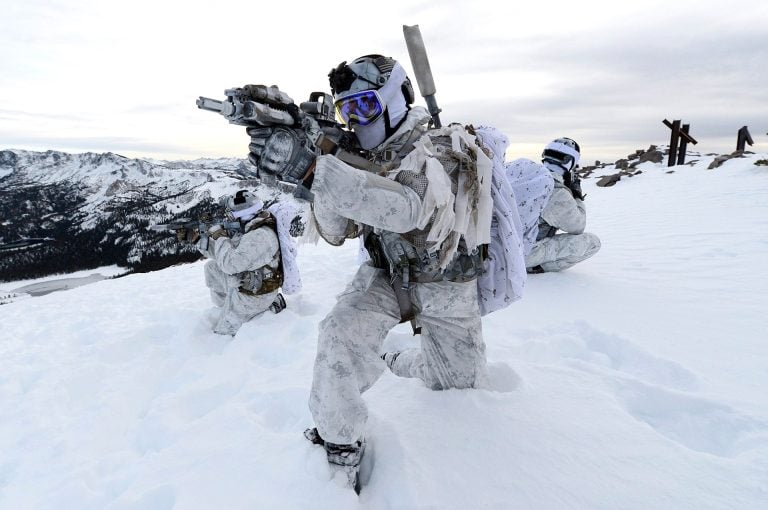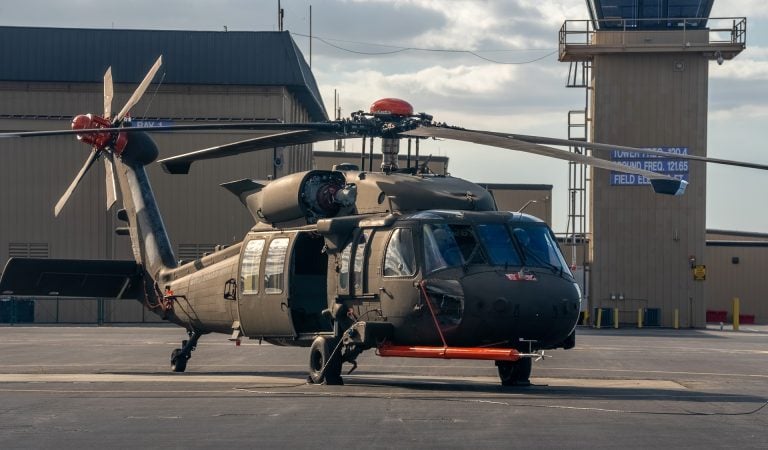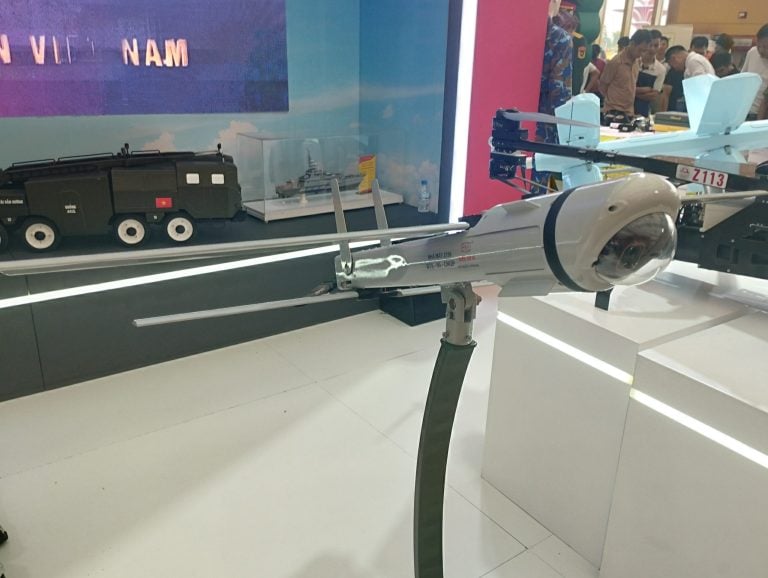In a notable escalation of tensions, Russia has issued a stern warning to the United States against any military intervention in Iran, amidst rising concerns over Washington’s potential involvement in the ongoing conflict alongside Israel. This warning follows a series of unprecedented military strikes launched by Israel against Iranian targets, prompting retaliatory actions from Tehran that included missile and drone attacks.
The dynamics of this situation are heavily influenced by Russia’s strategic partnership with Iran, which has grown significantly following a military cooperation agreement signed earlier this year. However, despite this relationship, the Kremlin has refrained from providing any direct military assistance to Tehran in light of Israel’s aggressive actions. Russian President Vladimir Putin has also positioned himself as a potential mediator in the conflict, despite his condemnation of Israeli operations.
Maria Zakharova, the spokeswoman for the Russian Foreign Ministry, cautioned that any U.S. military action in Iran would lead to “extremely dangerous” and “unpredictable negative consequences.” This statement came on the heels of U.S. President Donald Trump’s comments about considering military strikes in support of Israel, remarks that he himself characterized as uncertain.
In rejecting Russia’s overture to play a mediating role, Trump emphasized the need for Putin to address issues within Ukraine before engaging in negotiations concerning the Middle East. Kremlin spokesman Dmitry Peskov responded to Trump’s dismissal by underscoring that mediation efforts should involve nations directly engaged in the conflict, portraying the U.S. stance as outside of the main dialogue.
Amidst this complex geopolitical backdrop, Putin recently spoke with Chinese President Xi Jinping, wherein both leaders condemned Israel’s military actions. They emphasized that a diplomatic resolution is imperative, with Xi highlighting the need for a ceasefire as the “top priority” in managing international conflicts and echoing calls to avoid further escalation.
Despite the close military ties between Moscow and Tehran, Putin has indicated that Iran has not sought military aid following the Israeli strikes. Addressing this, he clarified that the recent treaty does not obligate either party to militarily support the other. He further indicated that queries about potential responses to a dramatic escalation—such as the assassination of Iran’s Supreme Leader—are not even worth contemplating at this stage.
Moreover, the Kremlin has expressed readiness to offer humanitarian assistance to Iran should it be requested.
As the diplomatic chess game unfolds, the tension between the U.S., Russia, and Iran continues to rise, with implications that could extend far beyond the immediate region, posing significant risks to broader international stability. Western leaders have expressed skepticism regarding Putin’s role as a mediator, with Trump suggesting that prioritizing mediation in Russia might be more prudent before addressing the turmoil in the Middle East. This evolving narrative illustrates a precarious balance of power, with high stakes for all involved parties.
